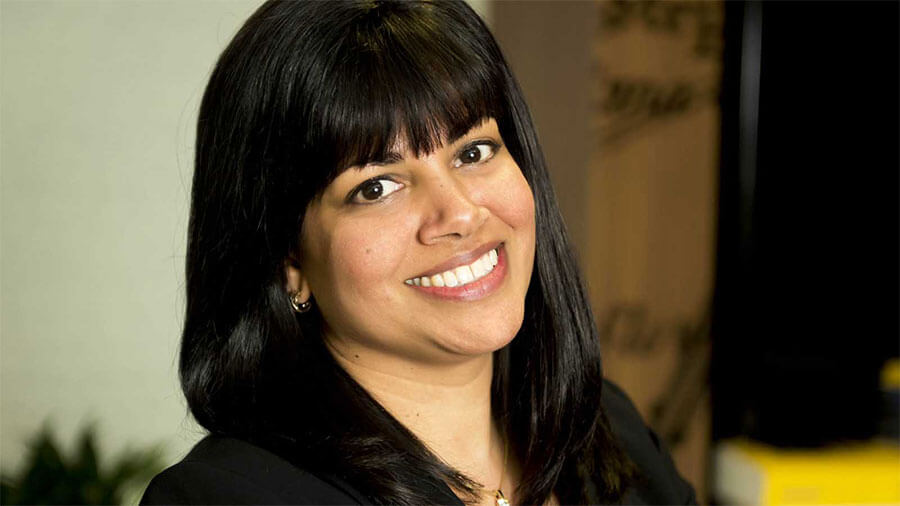With many people living longer and the younger generation unlikely to be as well off as their parents, helping our children and grandchildren financially is increasingly common. Concerns about inheritance tax have put people off, but there are a number of inheritance tax exemptions of which people are unaware of or not taking advantage of.
Surplus income gift
One method is to ‘gift out of surplus income’ and as long as you meet the basic statutory requirements, it should not be subject to inheritance tax. For example, helping towards school or university fees. It is important that the payment is made out of income and not capital and you are able to maintain your usual standard of living once the gifts have been made. A gifting pattern is needed and good records kept. With the right legal advice, it is an effective means of limiting inheritance tax obligations.
Capital gift
You can also gift outright from capital. Provided a person survives for at least seven years after making this gift, it is completely outside their estate for inheritance tax purposes. Gifts up to £3,000 in any one tax year can be made plus any unused balance of £3,000 from the previous tax year. Outright gifts in any tax year up to a total of £250 each to any number of people are exempt, as long as they have not received the £3,000 exemption above.
Up to £5,000 as a wedding gift can be given to each child (including step-children and adopted children) or the person your child is marrying, or, £2,500 to grandchildren, or up to £1,000 to anyone else. Payments for the maintenance of a spouse, ex-spouse, dependent relatives and, usually, children who are under 18 or in full-time education are also considered outright gifts.
Spouse bypass trusts
Death in service benefits are not usually considered an asset of the estate for inheritance tax purposes as they are paid at the discretion of the trustees. Once they pass into the surviving spouse’s estate for example, they will be liable to inheritance tax when the spouse dies. A ’spousal bypass trust’ can avoid this problem by including the surviving spouse and children. The trust will be subject to an inheritance tax charge every 10 years and exit charges but these charges are currently much less than the inheritance tax charge on death. These trusts are not limited to death in service benefits and can be done at the same time as a Will.
The contents of this article are intended for general information purposes only and shall not be deemed to be, or constitute legal advice. We cannot accept responsibility for any loss as a result of acts or omissions taken in respect of this article.

